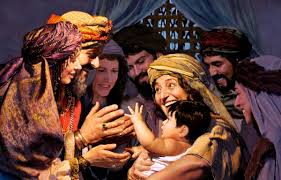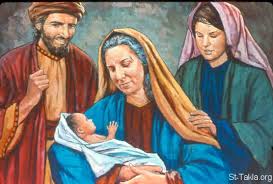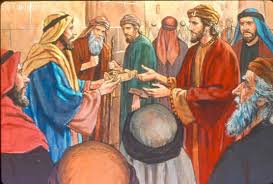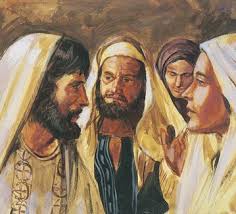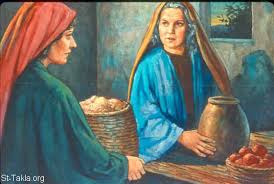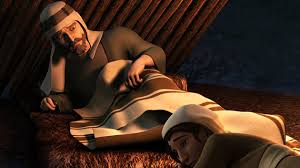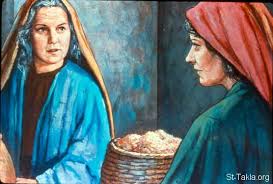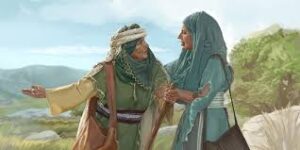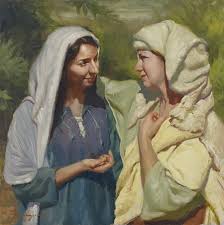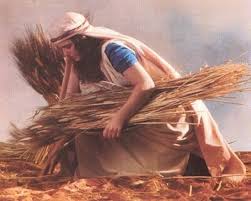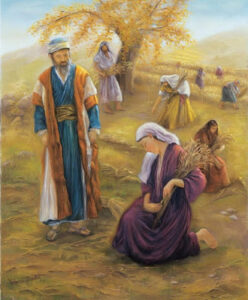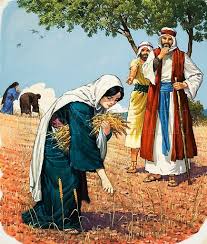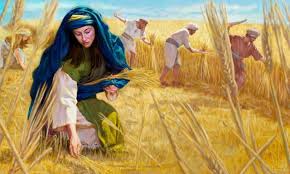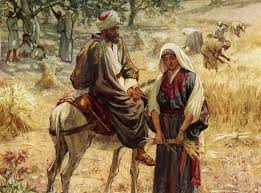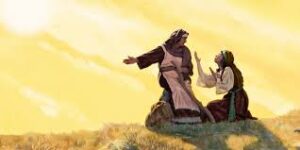Bg – Bibliography
Bibliography
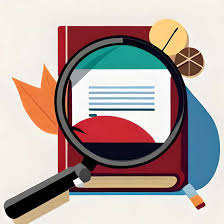
Armstrong, Irene. Call Me Mara. Denver: Outskirts Press, Inc., 2006.
Atkinson, David. The Message of Ruth. Downers Grove: Inter-Varsity Press, 1983.
Baker, Kenneth, General Editor. The NIV Study Bible, Grand Rapids, Zondervan, 2011.
Block, Daniel. Judges-Ruth, The New American Commentary. Nashville, B&H, 1999.
Campbell, Edward. Ruth: The Anchor Bible. New York: Doubleday, 1975.
Campbell, Ian. Ruth: A Devotional Commentary. Leominster: Day One Publications, 2010.
Coleman, Lyle. The Serendipity Bible. Grand Rapids: Zondervan, 1988.
Duguid, Ian. Esther and Ruth. Phillipsburg, P&R Publishing Company, 2005.
Erickson, Millard, Christian Theology. Grand Rapids, Baker Book House, 1985.
Freeman, James. Manners and Customs of the Bible. Plainfield: Logos International, 1972.
Fruchtenbaum, Arnold. MP3bbs – ruth. San Antonio: Ariel Ministries, 2017.
Hubbard, Robert. The Book of Ruth. Grand Rapids: Eerdmans Publishing Company, 1988.
Keil, C. F. and Delitzsch, F. Commentary on the Old Testament, Volume II (Joshua, Judges, Ruth, First and Second Samuel). Grand Rapids: Eerdmans Publishing Company, reprinted 1986.
Knight, G. A. F. Ruth and Jonah. London: Northumberland Press LTD: 1950.
Koziarz, Nicki. A Woman Wo Doesn’t Quit: 5 Habits from the Book of Ruth. Nashville: LifeWay Church Resources, 2016.
Laney, Carl. Answers to Tough Questions. Eugene, Wipf & Stock, 1997.
Lee-Thorp, Karen. Ruth and Esther: Life Change Series. Colorado Springs, NavPress, 1987.
MacArthur, John. Twelve Extraordinary Women. Nashville: Nelson Books, 2005.
McGee, Vernon. Ruth. Nashville: Thomas Nelson, 1991.
Morris, Leon. Ruth: TOTC. Downers Grove: Inter-Varsity Press, 1968.
Peipman, J. Darline. The Book of Ruth: Line-by-Line. www.xulonpress.com, 2004.
Peipman, J. Darline. The Book of Ruth: Precept Upon Precept. www.xulonpress.com, 2008.
Reiser, T. J. Gleanings from the Book of Ruth. Baltimore, Publish America, 2008.
Stern, David. The Complete Jewish Bible. Clarksville: Jewish New Testament Pub, 1998.
Stone, Nathan, Names of God. Chicago: Moody Press, 1944.
Thompson, Janet. Face to Face with Naomi and Ruth. Birmingham: New Hope Publishers, 2009.
Walvoord, John and Zuck, Roy. The Bible Knowledge Commentary of the Old Testament. Wheaton: Victor Books, 1985.
Wiersbe, Warren. Be Committed: Ruth/Esther. Colorado Springs, David Cook, 1993.
Younger, K. Lawson, Jr. Judges/Ruth: The NIV Application Commentary. Grand Rapids: Zondervan, 2002.





